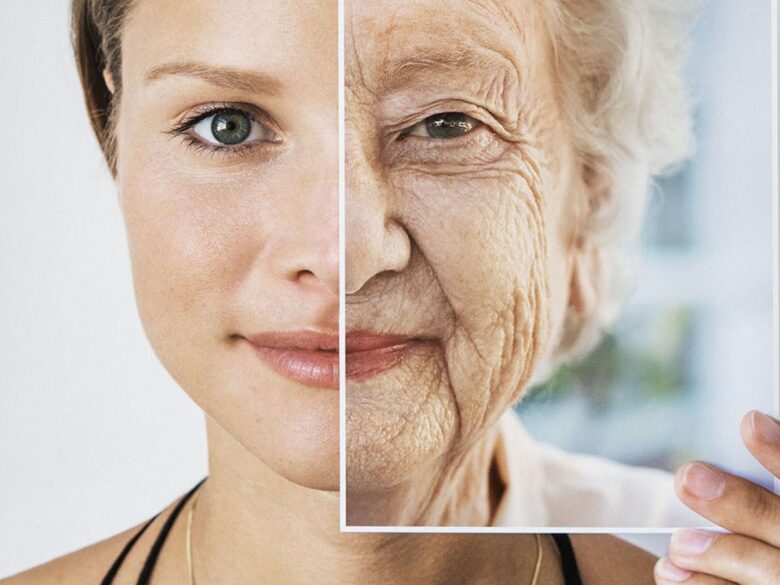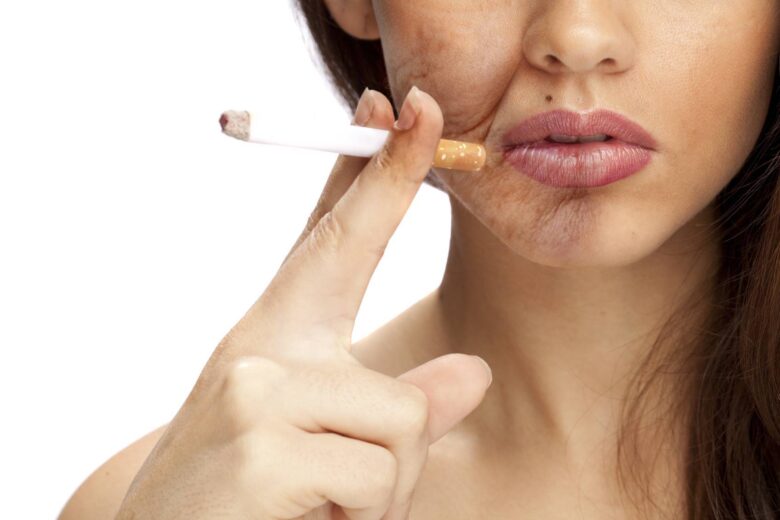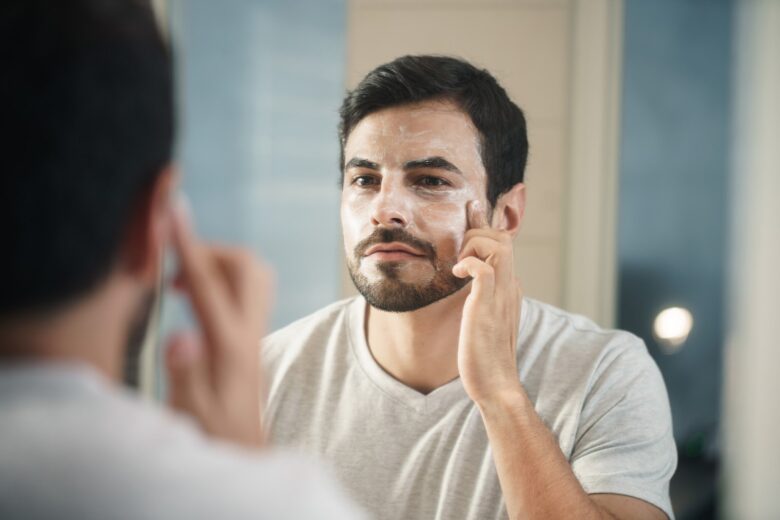Wrinkles, those visible lines and creases that form on the skin’s surface, are a natural part of the aging process. They serve as visible reminders of the passage of time, reflecting years of laughter, expressions, and exposure to environmental factors. However, the extent to which wrinkles affect individuals can vary widely, and one question that often arises is whether men or women experience more wrinkles as they grow older. In this essay, we will explore the multifaceted factors that contribute to wrinkles in both men and women, shedding light on the complexities of this age-related phenomenon.
Contents
The Aging Process and Wrinkles

Source: livehealthy.muhealth.org
Before delving into the gender-specific aspects of wrinkles, it is essential to understand why and how wrinkles form with age. The aging process impacts the skin in several ways:
- Decreased Collagen and Elastin Production: Collagen and elastin are essential proteins that provide structure and elasticity to the skin. As people age, the body’s production of these proteins decreases, leading to reduced skin firmness and resilience.
- Thinning of the Dermis: The skin’s middle layer, called the dermis, becomes thinner with age, making it more susceptible to damage and less capable of retaining moisture.
- Reduced Hydration: Aging skin often has a reduced capacity to retain moisture, resulting in dryness and an increased likelihood of developing wrinkles.
- Cumulative Sun Damage: Prolonged and unprotected exposure to ultraviolet (UV) radiation from the sun accelerates skin aging and can lead to the premature formation of wrinkles.
- Expression Lines: Repeated facial expressions, such as smiling or frowning, can cause dynamic wrinkles, which become more prominent over time.
With this understanding of the aging process in mind, let’s explore whether men or women experience more wrinkles and the factors contributing to these differences.
Men and Wrinkles

When it comes to the prevalence of wrinkles, men generally appear to experience them less frequently and less prominently than women. Several factors contribute to this observation:
- Thicker Skin: Men tend to have thicker skin than women due to higher levels of androgens (male hormones). Thicker skin is more resilient and less prone to forming fine lines and wrinkles.
- Collagen and Sebum Production: Men’s skin typically maintains higher levels of collagen and sebum (skin oil) production as they age compared to women. Collagen helps maintain skin structure, while sebum provides natural hydration.
- Facial Hair: Facial hair can act as a natural sunblock, shielding the skin from some of the harmful effects of UV radiation. This can help reduce the formation of wrinkles.
- Less Makeup Use: Women often use makeup products that can contribute to skin aging. While makeup can provide a protective barrier, it can also clog pores and exacerbate skin issues if not removed properly.
However, it’s crucial to note that these factors do not exempt men from developing wrinkles altogether. Men can and do experience wrinkles, especially in areas of the face where the skin is thinner and more prone to expression lines, such as around the eyes and mouth.
Women and Wrinkles

Women, on the other hand, are often perceived as experiencing more wrinkles than men. This perception is influenced by several factors:
- Thinner Skin: Women typically have thinner skin than men due to differences in hormone levels. Thinner skin is more susceptible to damage and may develop wrinkles more readily.
- Hormonal Changes: Hormonal fluctuations, particularly during menopause, can accelerate the aging process in women. The decrease in estrogen levels can lead to reduced collagen production and skin thinning.
- Greater Emphasis on Appearance: Societal pressures and beauty standards often place a higher emphasis on women’s appearance, leading to more significant attention to skincare and cosmetic procedures, which can create the impression of more wrinkles.
- Makeup Use: The use of makeup and skincare products, while providing cosmetic benefits, can sometimes contribute to skin aging if not used correctly.
- Sun Exposure: Women may have more prolonged sun exposure due to outdoor activities or less frequent use of protective clothing, leading to increased UV damage.
It’s essential to recognize that these factors are general trends and may not apply to every individual. Both genetic and lifestyle factors play a significant role in determining how wrinkles manifest in men and women.

While gender-specific factors can influence the development of wrinkles, there are several common factors that affect both men and women:
- Sun Exposure: UV radiation from the sun is a leading cause of premature skin aging and the formation of wrinkles. Protecting the skin from the sun by wearing sunscreen and protective clothing is crucial.
- Smoking: Smoking is a known risk factor for accelerated skin aging. It constricts blood vessels and reduces blood flow to the skin, leading to decreased oxygen and nutrient delivery.
- Diet and Nutrition: A diet rich in antioxidants, vitamins, and minerals can help promote healthy skin. Conversely, a diet high in processed foods and sugar may contribute to skin aging.
- Hydration: Proper hydration is essential for maintaining skin health. Dehydrated skin is more prone to wrinkles and fine lines.
- Lifestyle Habits: Factors such as alcohol consumption, lack of sleep, and stress can all impact skin health and contribute to the formation of wrinkles.
Skincare and Wrinkle Prevention

Regardless of gender, effective skincare practices such as fda approved rf home device usage can help prevent and minimize the appearance of wrinkles:
- Regular Cleansing: Properly cleansing the skin helps remove dirt, makeup, and pollutants that can accelerate skin aging.
- Moisturizing: Using a moisturizer helps maintain skin hydration and prevents excessive dryness, which can exacerbate wrinkles.
- Sun Protection: Applying sunscreen with a broad-spectrum SPF of 30 or higher can shield the skin from UV damage.
- Healthy Diet: Consuming a diet rich in fruits, vegetables, and antioxidants supports overall skin health.
- Lifestyle Management: Managing stress, getting adequate sleep, and avoiding smoking and excessive alcohol consumption can all contribute to healthier, younger-looking skin.
In the age-old debate of whether men or women experience more wrinkles as they grow older, it’s clear that both genders are susceptible to the effects of aging on their skin. While there are gender-specific factors that influence the development of wrinkles, such as hormonal differences and skin thickness, it is essential to recognize that genetics, lifestyle choices, and skincare practices play a crucial role in determining the extent and severity of wrinkles in both men and women. Ultimately, the emphasis should be on maintaining healthy habits, proper skincare, and sun protection to promote healthier and more youthful-looking skin, regardless of gender.
